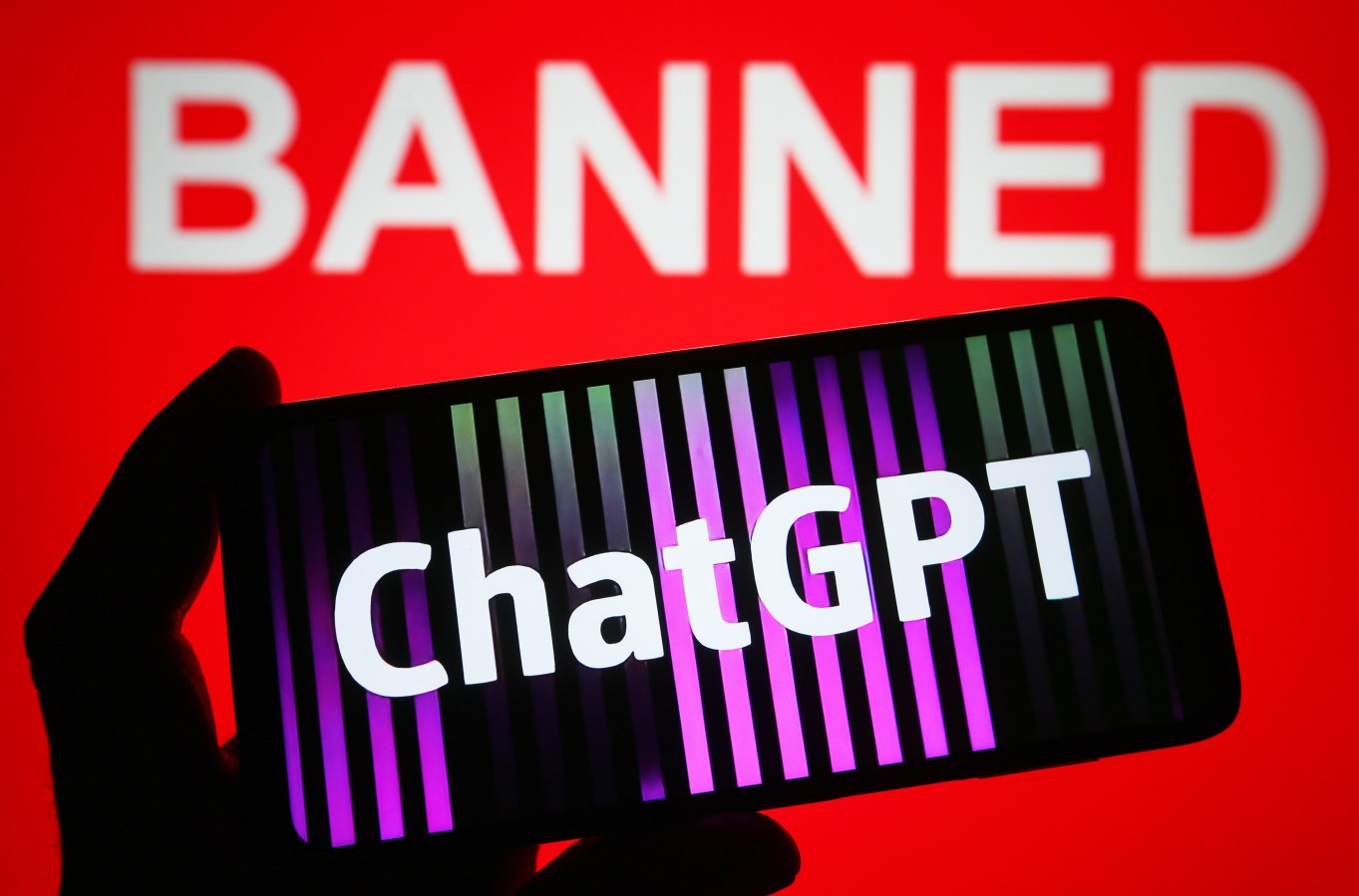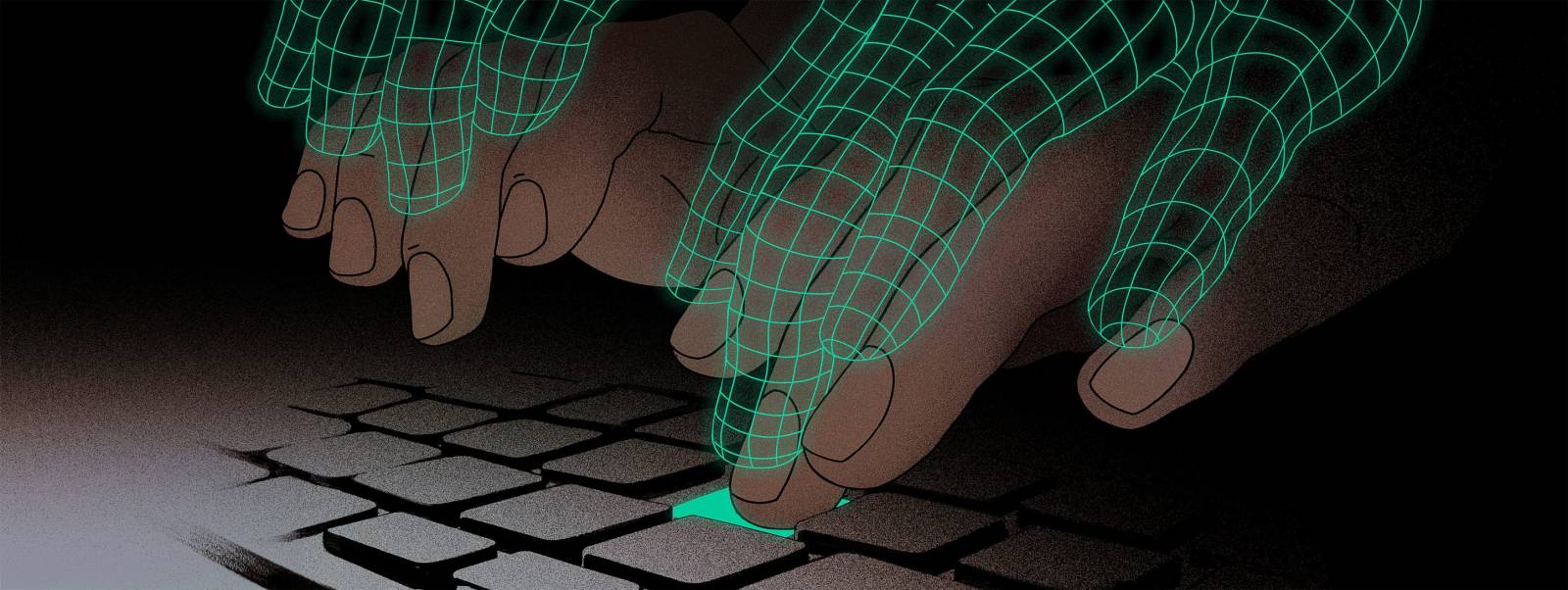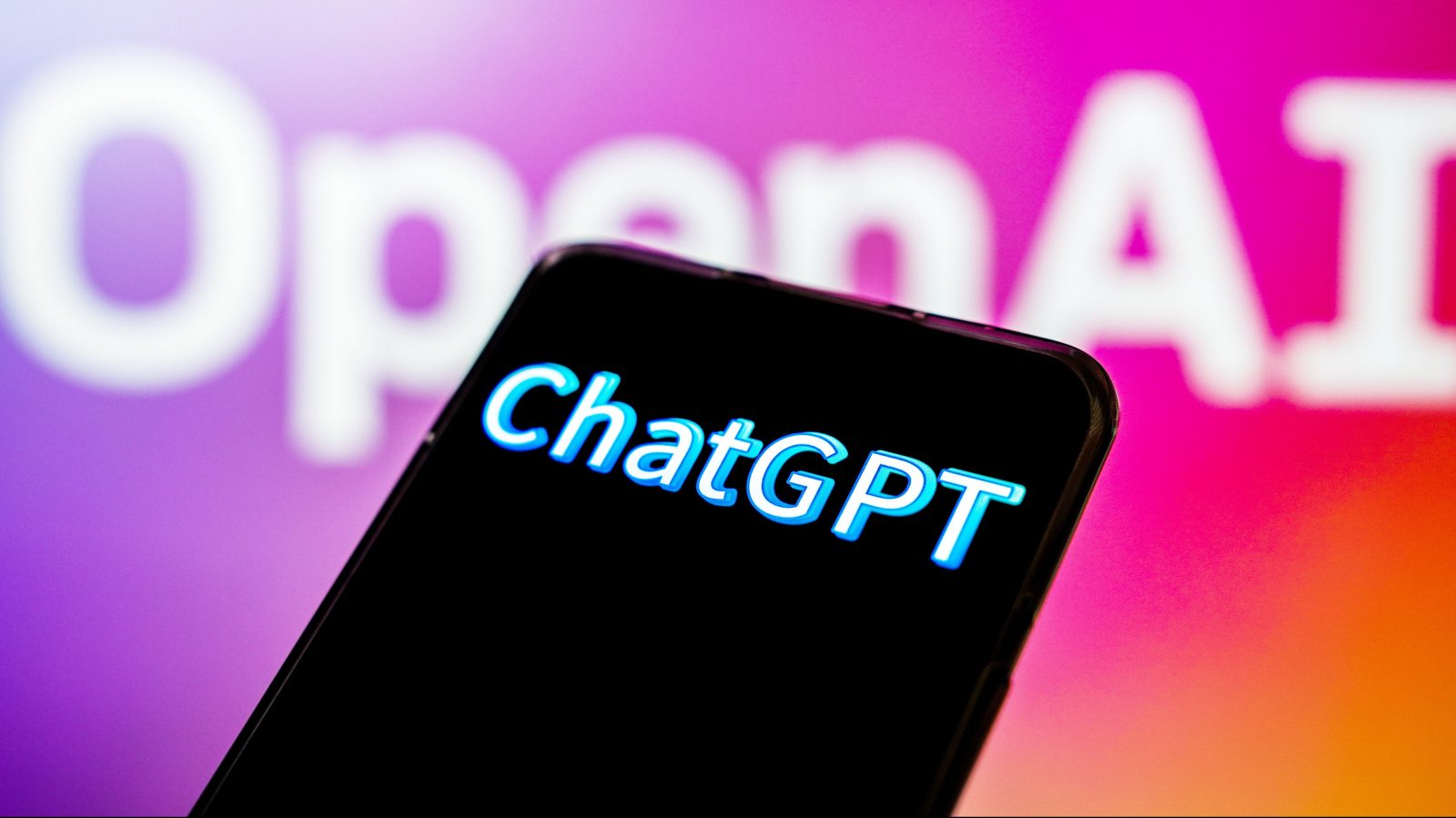Salesforce, which purchased workplace chat tool Slack in 2020, has revealed it will rollout a GPT-integrated function on the platform.

Salesforce, the US$189 billion customer relationship management tool, has announced workplace chat tool Slack will now feature a new conversational AI experience called Slack GPT.
It is the latest company to integrate a generative AI solution into its model. So far, we’ve had Bing unveil a ChatGPT-fueled search engine, Prometheus; Snap Inc unveil My AI, a chatbot that uses the latest version of OpenAI’s GPT tech; and Shopify launch a ChatGPT-powered assistant to help shoppers identify products.
Slack GPT’s new integration is three-fold: there are AI-powered features built natively into the app, there’s a new AI-ready platform made available to developers to integrate their own language models, and Einstein GPT will be made available in the app to power insights and summaries.
Einstein GPT is perhaps the most user-friendly update – companies could summon the tool to transcribe Huddle calls and create summaries from them, or use it to gain assistance in writing messages to their team.
Slack provided an example of what users could do: “For example, say you have a workflow that alerts you when a new lead comes in from Sales Cloud, ensuring sales reps can quickly respond. Imagine if ChatGPT could take your workflow a few steps further, using CRM data from a sales lead to draft a personalized prospecting email? Put it in a document, share it in a channel, and now every sales rep has a head start when they follow up on the lead,” the company’s blog post states.
“Generative AI has enormous potential to redefine how work is done and unlock significant
business productivity,” Lidiane Jones, CEO of Slack, says.
“The real power of this technology is when AI can analyse and act on the most valuable data from a company’s most trusted resource — its own internal knowledge. Slack GPT is the conversational AI platform of the future, helping organisations easily tap into their trusted customer data and essential employee knowledge so they can work smarter and make smarter decisions faster.”
The move follows Slack’s State of Work report, which found that while people adopting AI were 90% more likely to report higher levels of productivity, just 27% of companies currently use AI tools to increase efficiency. Moreover, those who used automations at work estimated they saved 3.6 hours a week on average. That’s one working month back to employees annually.
It’s interesting timing for the release, given the negative press ChatGPT has received of late. Not least, electronics giant Samsung revealed it had banned the use of the tool and other AI-powered chatbots by employees, after a sensitive code was leaked by an engineer to ChatGPT last month. Amazon issued a similar warning to staffers in January after it reportedly discovered examples of ChatGPT responses that looked like internal Amazon data.
Look back on the week that was with hand-picked articles from Australia and around the world. Sign up to the Forbes Australia newsletter here or become a member here.


